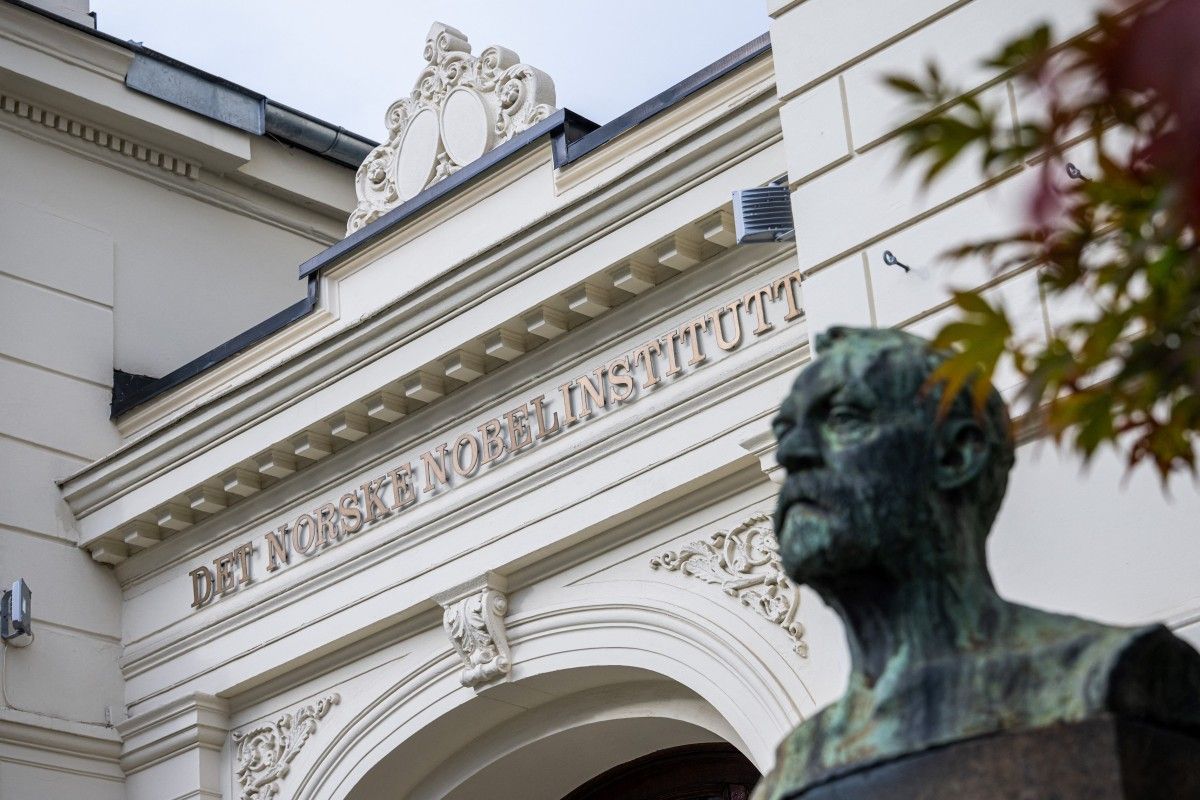
Starting October 7, the Nobel Prizes will be announced against a backdrop of global turmoil, with particular focus on peace and literature.
Beginning Monday, Nobel Prizes will be awarded amid escalating climate crises and devastating armed conflicts, particularly in the Middle East and Ukraine. The new laureates will be announced consecutively from October 7 to 14, in Stockholm and Oslo. As in previous years, these prestigious awards will cover the fields of medicine, physics, chemistry, literature, peace and economics.
A blank year?
The highlight of the week will likely be the Nobel Peace Prize, scheduled for October 11. This year, predictions seem more challenging than ever, given the mounting humanitarian disasters worldwide. Dan Smith, director of the Stockholm International Peace Research Institute (Sipri), suggests a potential "blank year" where no prize is awarded – a scenario that has occurred nineteen times in the history of the award, the last being in 1972 during the Vietnam War.
“Perhaps it is time to say: ‘Yes, many people are working very hard, but without results, and more people and global leaders need to wake up and realize that we are in an extremely dangerous situation,’” he told AFP. With over 50 armed conflicts ongoing globally, the intensification of violence in recent decades underscores the complexity of achieving peace.
Unacceptable failure
However, in Oslo, such a prospect is viewed as an unacceptable failure. “I am convinced there will once again be a worthy candidate for the Peace Prize this year,” said Olav Njølstad, Secretary of the Nobel Committee. In 2023, the prize was awarded to Narges Mohammadi, an Iranian women's rights activist currently imprisoned in her country. This year, 286 nominations have been submitted, although names will remain confidential for fifty years. Among the nominations are the United Nations Relief and Works Agency for Palestine Refugees (UNRWA) and the organizations al-Haq and B'Tselem, reflecting current geopolitical concerns.
Debate is also intensifying around autonomous weapon systems, with the coalition Stop Killer Robots potentially emerging as another serious contender for the Peace Prize.
Between utopia and dystopia
As for the Nobel Prize in Literature, set for October 10, it has sparked considerable speculation. Avant-garde Chinese writer Can Xue, often likened to Kafka, is leading the predictions thanks to her unique style that straddles utopia and dystopia, with the Nobel Committee known for its surprises. “I believe it will be a woman from a non-European linguistic region,” stated Björn Wiman, head of the cultural section at the Swedish daily Dagens Nyheter. Other notable names in the mix include Salman Rushdie, Jamaica Kincaid and Haruki Murakami.
The Nobel season will kick off with scientific prizes, starting with the medicine award on October 7. Research on lipid metabolism genetics and studies of the basal ganglia, crucial for movement control, are among the highlighted topics. This year’s laureates will receive a check for 11 million kronor (over $1 million), to be shared in the event of multiple winners. Thus, as the world faces unprecedented challenges, the Nobel Prizes aim to celebrate those working toward a better future.



Comments